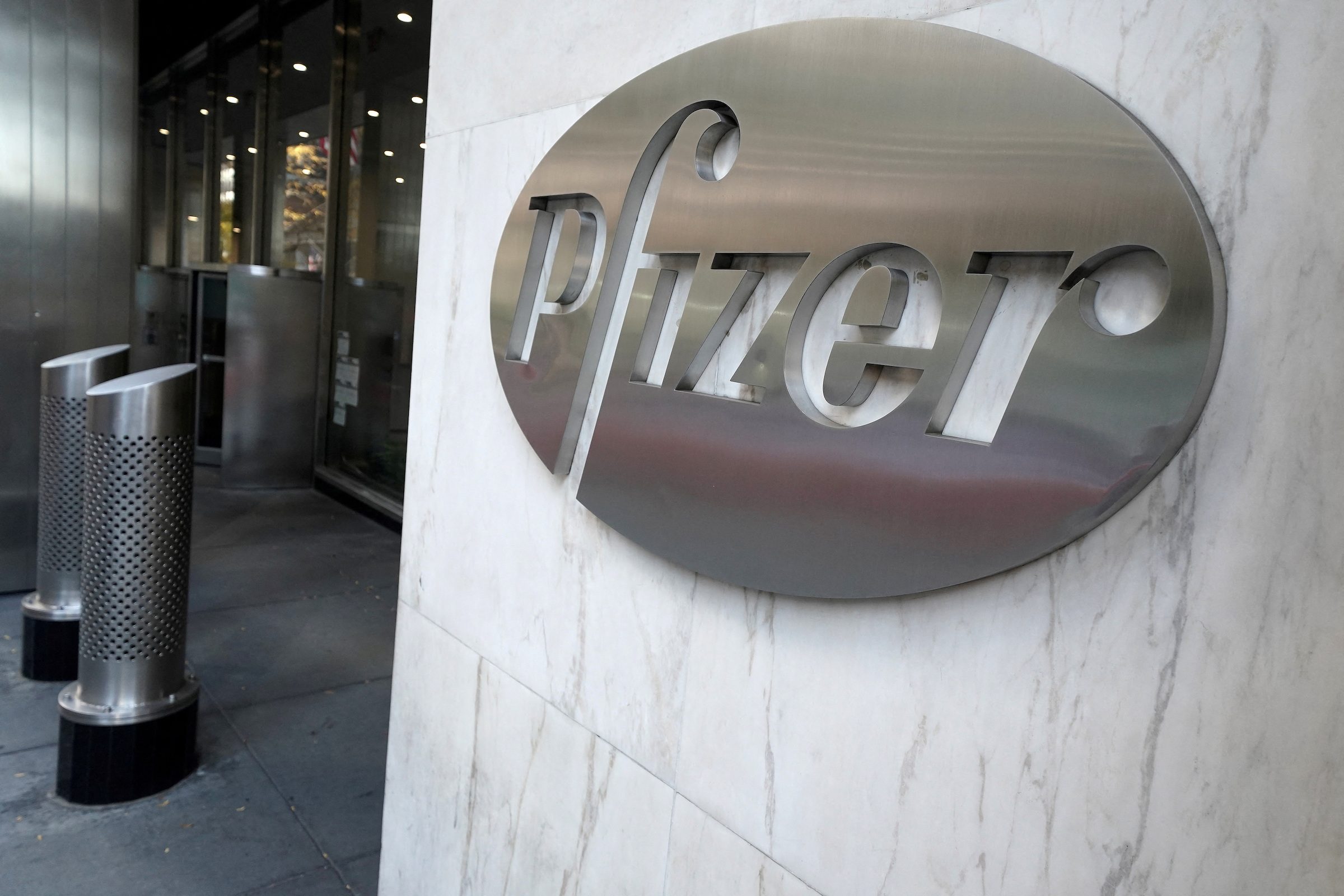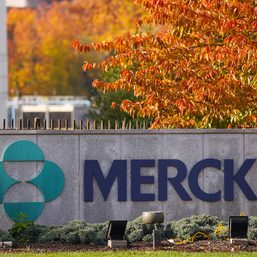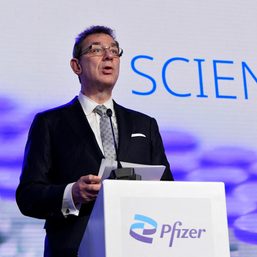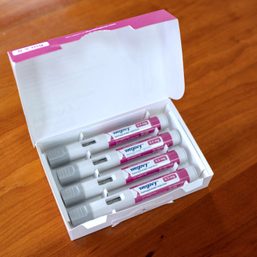SUMMARY
This is AI generated summarization, which may have errors. For context, always refer to the full article.

Pfizer on Monday, March 13, struck a $43-billion deal to acquire Seagen and its targeted cancer therapies as it braces for a steep fall in COVID-19 sales and generic competition for some top-selling drugs.
Seagen marks Pfizer’s largest purchase in a string of recent acquisitions utilizing a once-in-a-lifetime cash windfall from its COVID-19 vaccine and treatment. It will add four approved cancer therapies with combined sales of nearly $2 billion in 2022.
Washington-based Seagen is a pioneer of antibody-drug conjugates, which work like “guided missiles” designed to destroy cancer while sparing healthy cells.
Seagen’s shares were trading up more than 16% at $200.93 on Monday, well below Pfizer’s offer price of $229, signaling investor concern over a possible prolonged antitrust review. Pfizer shares were nearly 3% higher.
Pfizer’s bid represents a 32.7% premium to Seagen’s closing price on Friday, March 10.
“The Federal Trade Commission clearance is sort of the open question at this point with regards to the deal,” said Needham & Co. analyst Ami Fadia, pointing to an overlap in bladder cancer treatments as an area the FTC could look into.
However, Fadia said there was less than a 50% chance of the FTC challenging the deal in court.
Pfizer, on a conference call to discuss the planned acquisition, acknowledged that antitrust regulators are likely to closely review the deal due to its size, but said the companies expect to be able to complete the transaction in late 2023 or early 2024.
Protection from competition, regulators
Adding Seagen helps Pfizer move into an area “that is more protected from a regulatory and patent perspective, and market dynamics,” chief executive Albert Bourla said on the call.
Seagen is set to benefit from out-of-pocket healthcare spending caps for older Americans under President Joe Biden’s Inflation Reduction Act (IRA), Bourla said, meaning more patients could gain access to the company’s expensive treatments.
A focus on complex biotech medicines also provides a longer exclusivity on the market versus pills before becoming subject to government price limits under the IRA, he said. The US Medicare program will be allowed to negotiate drug prices for the first time, with new prices for the initial 10 drugs selected starting in 2026.
Seagen’s complicated drugs also make it more difficult for rivals to develop less expensive biosimilar versions, which could lengthen their profitability.
The latest deal comes as Pfizer seeks to mitigate an anticipated $17-billion hit to revenue by 2030 from patent expirations for top drugs, and a decline in demand for its COVID products.
Pfizer’s COVID vaccine, which it shares with BioNTech, and oral antiviral treatment Paxlovid have brought in sales of more than $90 billion through 2022.
The New York-based drugmaker said the Seagen deal and other recent acquisitions could generate more than $20 billion in combined sales in 2030.
Pfizer’s recent deals include its purchase of Global Blood Therapeutics for $5.4 billion, migraine headache drug maker Biohaven Pharmaceutical Holding for $11.6 billion, and a $6.7-billion buyout of drug developer Arena Pharmaceuticals.
Pfizer’s oncology portfolio already boasts 24 approved therapies. The Seagen purchase would add Adcetris for lymphoma, Padcev for bladder cancers, Tivdak for cervical cancer, and breast cancer treatment Tukysa.
Pfizer rival Merck & Co. and Seagen were in advanced deal talks last year before they collapsed, according to reports. – Rappler.com
Add a comment
How does this make you feel?

![[Free to Disagree] Sabwatan ng mga doktor at drug companies](https://www.rappler.com/tachyon/2024/04/tl-sabwatan-doktor-drug-companies-April-22-2024.jpg?resize=257%2C257&crop=292px%2C0px%2C720px%2C720px)



There are no comments yet. Add your comment to start the conversation.